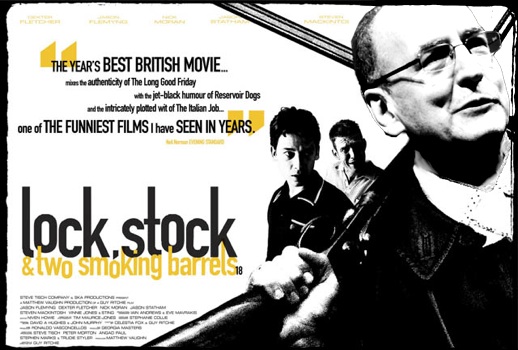
I don’t believe there will be a lockout. For the Met, the threat of a lockout is much more useful than a lockout itself. If there is a lockout, the union leadership will be less flexible in their demands as they will have to prove to their members that suffering through the lockout was worth it. The long-term impact on ticket sales, subscriptions, and donations will be disastrous and will likely swamp whatever savings the Met achieves through the contract that eventually gets negotiated.
Also, I doubt there is a smoking gun in the Met’s books. If the independent audit found something damning, the news would have leaked, despite vows of confidentiality. What, after all, could the audit find that could add up to anything approaching the $40-$50 million in annual labor savings that management is demanding? Special remunerations to big name singers? First class airfare and hotels for Peter Gelb’s trips to Europe?
Even if the audit shows that the Lepage Ring cost double what was disclosed, this has no impact on future budgets and doesn’t help realize future savings. If the Met vastly underreported the cost of every new production, that could be a finding in the unions favor. However, that practice would have been going on for decades as the cost per production has remained consistent for the past decade or more.
A much more interesting document to me than the independent audit would be the Metropolitan Opera Board’s long term financial plan alluded to in their “Open Letter to Opera Lovers”. I certainly applaud the board’s decade-late decision to increase the endowment and reduce the company’s dependency on annual donations.
However, their letter seems to imply that the primary source of new endowment funds will be the diversion of donations each year from funding general expenses to increasing the endowment. Won’t there a large scale campaign to boost the endowment? I would think donors would respond generously as they would be making a long-term investment in the Met’s future. Maybe the Koch brothers would kick in $100 million of their ill-gotten gains.
Similarly, it’s disheartening that the Met’s negotiating stance seems to be based that the box office will never recover from its current slump and compensation may never increase again. I could envision a contract structure where the union received additional annual bonus payments when box office revenue reaches agreed targets, particularly if Gelb’s contract were structured the same way.
Five-year contracts with major concessions that have no upside for the unions when finances improve seem to be a non-starter. If nothing else, a contract that promised the unions increased compensation when the Met’s finances improved might shut down their destructive rhetoric about there being nothing worth seeing at Gelb’s Met.
Barring some truly disastrous brinksmanship by Gelb in the negotiations, I don’t see a scenario in which these negotiations result in his ouster, notwithstanding the many “experts” who have expressed their view that this somehow a likely outcome. Should Gelb be removed by the Board, I’m genuinely curious as to who his detractors think should replace him.
There is no one running a major American opera company or other arts organization who would be a notable improvement over Gelb at the Met. Intendants at European houses would likely not be interested in a role that requires so much time spent fundraising. Would the Met be better off if the former head of Askonas Holt were to be running the company on an interim basis while we waited for David Gockley’s contract to expire in San Francisco? Or Alexander Pereira might not survive in Milan. Should he come to New York so he can once again copy and paste his productions and casts from his previous gigs into the Met’s schedule?
In the long term the demands of running the Met and keeping it solvent will require the company to evolve to a model where the General Manager manages the company and the Artistic Director is in charge of productions and casting. Imagine what the Met would be like if a new imaginative Artistic Director actually set the artistic direction for the company instead of filling in the blanks in plans largely set by the General Manager. I wonder what James Levine would think of that. Oh, that’s right, he hasn’t said a single word during these contract negotiations. Does anyone seriously think he will take a pay cut along with everyone else at the Met?



